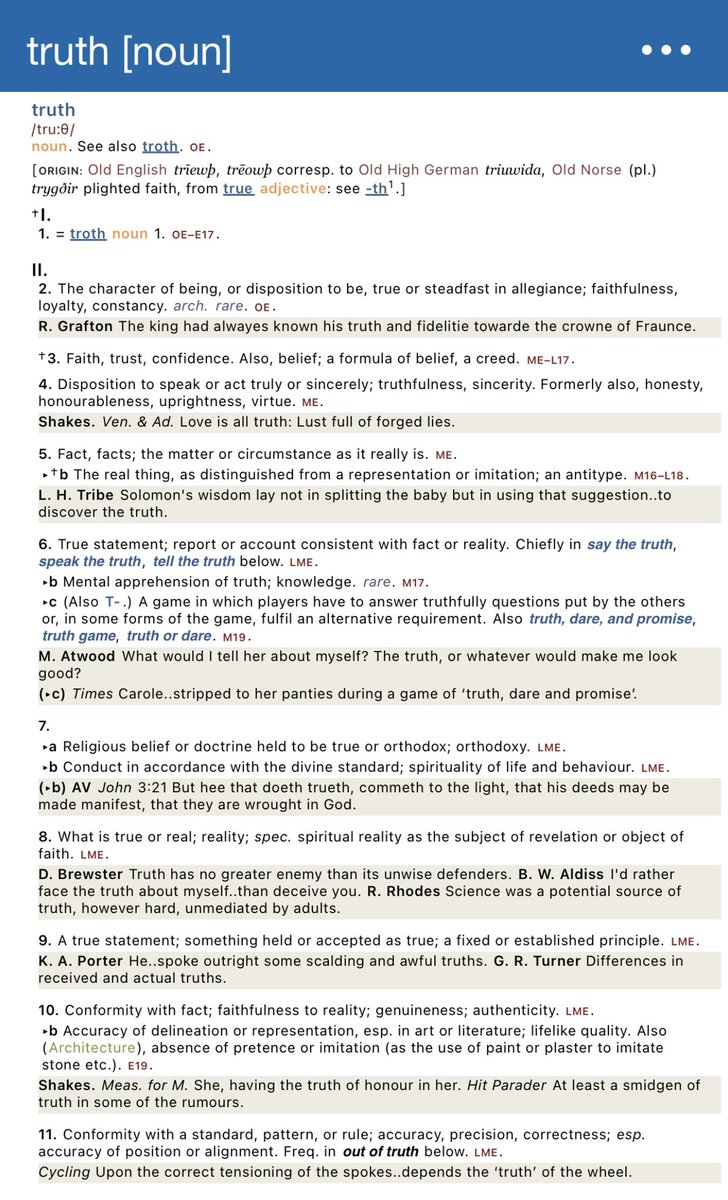
Did Scotland vote for an independence referendum?
Yes. The parliamentary election on 6 May returned a majority of MSPs from parties with it as a manifesto commitment. A prominent one (obviously).
Full stop.
But, if you want to play Vote Count Lotto, do it properly.
A 🧵. /1.
Yes. The parliamentary election on 6 May returned a majority of MSPs from parties with it as a manifesto commitment. A prominent one (obviously).
Full stop.
But, if you want to play Vote Count Lotto, do it properly.
A 🧵. /1.
For that, you need to know what the Scottish electoral system is. And, if you do know, acknowledge its nature & implications.
So, a recap. Bear with me. /2.
So, a recap. Bear with me. /2.
It’s a form of proportional representation. Specifically, an “additional member” system. Somewhat over half the seats are voted for on a constituency basis (“first past the post” or plurality voting: whoever gets the most votes wins the seat). /3.
A bit less than half are allocated from regional lists.
Each voter is allowed two votes: one for an individual, as their constituency MSP, one for a party on the regional list for their area.
Regions are areas covering several constituencies. /4.
Each voter is allowed two votes: one for an individual, as their constituency MSP, one for a party on the regional list for their area.
Regions are areas covering several constituencies. /4.
A party might return several MSPs from a regional list, one, or none. The formula by which seats are allocated through the lists is designed to offset the effects of parties winning more - or fewer - constituencies than their share of the vote would indicate. /5.
So, for example, the Conservatives, with 20%+ support got 5 constituency MSPs & 26 from regional lists = 31, or 24% of the total.
The SNP, with 40%+ support got 62 constituencies & 2 regional list MSPs = 64, or over 49% of the total. /6.
The SNP, with 40%+ support got 62 constituencies & 2 regional list MSPs = 64, or over 49% of the total. /6.
Under a constituency-only, plurality voting system, the SNP would have won 80%+ of MSPs on under half the vote.
So, what’s the right way to count votes in order to see how many people voted for what?
One answer is “don’t”. /7.
So, what’s the right way to count votes in order to see how many people voted for what?
One answer is “don’t”. /7.
This is a parliamentary system.
It’s designed to be proportional.
The number of MSPs is what counts. /8.
It’s designed to be proportional.
The number of MSPs is what counts. /8.
Another is, “if you do, don’t be silly”.
Just counting up the the constituency votes but ignoring the list votes, because it happens to suit your narrative, falls into that category.
Silly. Mendacious. Transparently bad-faith. Take your pick. /9.
Just counting up the the constituency votes but ignoring the list votes, because it happens to suit your narrative, falls into that category.
Silly. Mendacious. Transparently bad-faith. Take your pick. /9.
Nor is just summing the list votes right.
Constituency-only will tend to under-represent the small parties. List-only, the large parties. /10.
Constituency-only will tend to under-represent the small parties. List-only, the large parties. /10.
The real answer to “how many people voted for what” - in this example, an independence referendum - comes from detailed work surveying & analysing voters’ intentions.
Crudely adding up votes is problematic.
That said, here we go. /11.
Crudely adding up votes is problematic.
That said, here we go. /11.
The pro-referendum parties were SNP, Scottish Greens & Alba. Their total constituency vote was 49.0%.
(Votes: SNP 1.291M, Greens 0.035M, Alba 0).
What about the regional lists? Pro-referendum parties’ votes were 50.1%.
(Votes: SNP 1.094M, Greens 0.220M, Alba 0.045M). /12.
(Votes: SNP 1.291M, Greens 0.035M, Alba 0).
What about the regional lists? Pro-referendum parties’ votes were 50.1%.
(Votes: SNP 1.094M, Greens 0.220M, Alba 0.045M). /12.
If you’d like to split the difference, you can also add up the constituency & list votes for each party, total the totals, & work out each party’s percentage from that. Then you get pro-referendum on 49.6%. /13.
But what if we assume voters (rationally) tend to vote for their preferred party in the manner most likely to deliver results?
The more accurate calculation is then to take the highest vote each party got, add up the total, & work out percentages from that. /14.
The more accurate calculation is then to take the highest vote each party got, add up the total, & work out percentages from that. /14.
The result is pro-referendum parties on 50.9%.
(Votes: SNP 1.291M (constituency total), Greens 0.220M (list total), Alba 0.045M (list total)). /15.
(Votes: SNP 1.291M (constituency total), Greens 0.220M (list total), Alba 0.045M (list total)). /15.
Note: for the anti-referendum parties, Conservatives did better on the list, Labour in constituencies, Liberal Democrats in constituencies, & others in constituencies. /16.
What we discover from this is:
(a) Scotland is split about 50:50 on an independence referendum;
(b) the 6 May election delivered a parliamentary majority for one;
(c) we have a handy bad-faith-o-meter for when anyone tries to tell us who didn’t, or did, vote for it. /17. End
(a) Scotland is split about 50:50 on an independence referendum;
(b) the 6 May election delivered a parliamentary majority for one;
(c) we have a handy bad-faith-o-meter for when anyone tries to tell us who didn’t, or did, vote for it. /17. End
• • •
Missing some Tweet in this thread? You can try to
force a refresh






